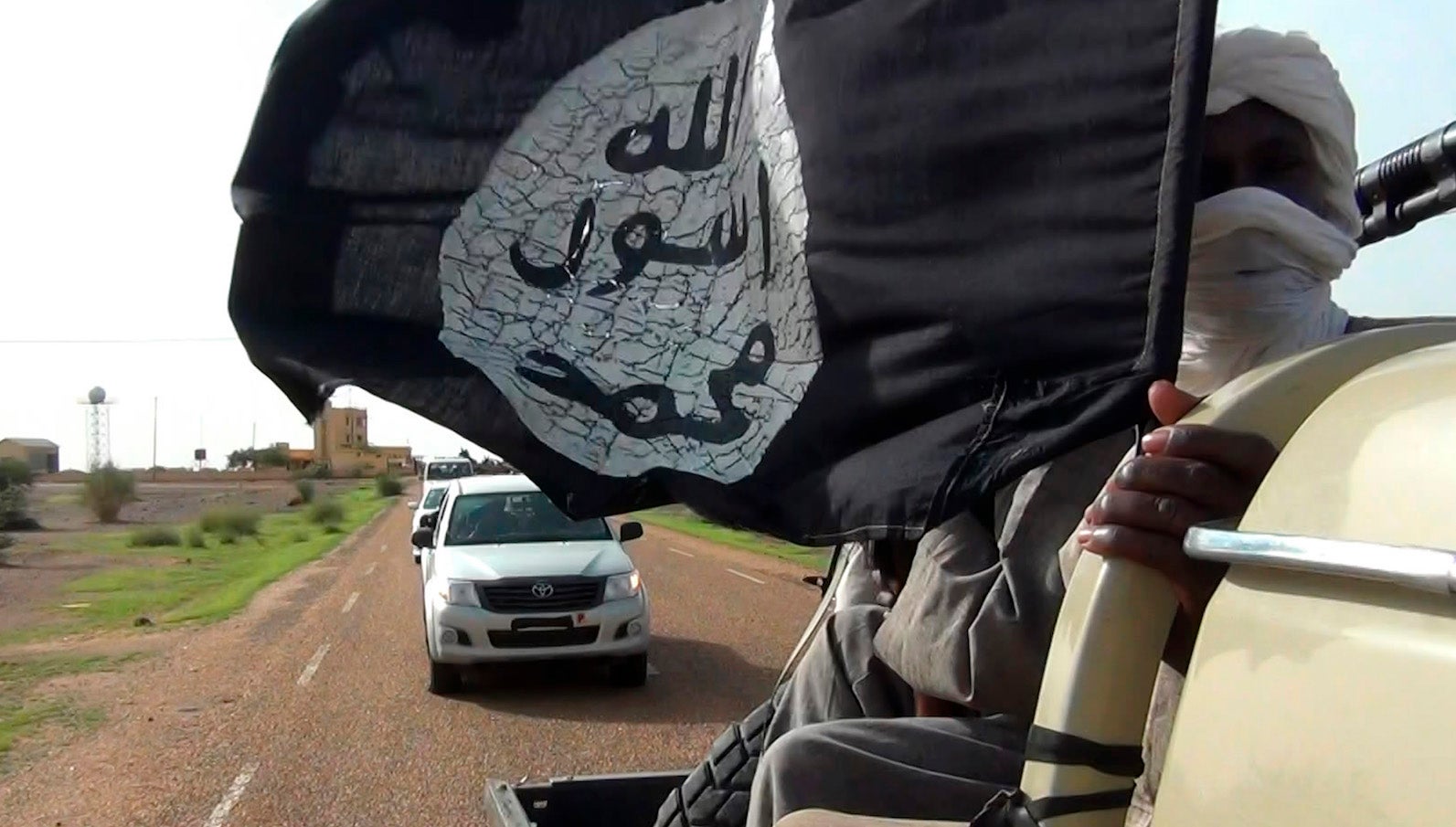France’s long, illustrious history of ignoring reality continues with a film on jihadists
A new documentary about to be released in France depicts daily life under jihadists who ruled northern Mali in 2012 and features decapitations, amputations, and all sorts of brutal punishments under Sharia law.


A new documentary about to be released in France depicts daily life under jihadists who ruled northern Mali in 2012 and features decapitations, amputations, and all sorts of brutal punishments under Sharia law.
Les Salafistes, by Lemine Ould M’Salem and François Margolin, also features lengthy interviews with the leaders who order groups of men to be shot by the edge of a river, their last moments recorded for propaganda videos. Margolin explained why the filmmakers risked their lives to capture such footage (link in French):
They know very well what we are, what we think. Some have lived here. We wanted to know what they think. I think people today need to know.
Not everyone agrees. After a year when Paris experienced two gruesome terror attacks—on Charlie Hebdo in January and then across the city in November— by attackers who were largely homegrown, Les Salafistes is embroiled in a debate about whether it could twist the minds of French youth and should be banned as a result.
All this controversy is for a film that, at least before the row erupted, was only scheduled to show in five cinemas in Paris (link in French)—including just one in the banlieues, the decaying suburban public-housing complexes where most immigrants live and where many of France’s homegrown terrorists have emerged.
Claude Lanzmann, the 90-year-old director of the Holocaust masterpiece Shoah, intervened with an open letter praising the film (link in French). In the end, culture minister Fleur Pellerin agreed to release the film as recommended by the country’s censors—for viewers 18 and over only. (Lanzmann described this as “another way of killing” it.) Pellerin said the adults-only rating was necessary because “the public needs a certain maturity to appreciate this greatly violent film as a denunciation of the Salafist world.”
That means most French teenagers are not old enough to watch this film, but are old enough to fight in the French Foreign Legion. (They are already fighting in droves with ISIL in Syria.) The film is all the more relevant after French-led forces began fighting the jihadists in Mali in 2013.
The corrupting influence of cinema is the least of France’s worries. Any kid can be autoradicalisé merely by watching the slick and violent jihadist videos that ISIL and its ilk keep releasing on their phones. Last month, a 15-year-old stabbed a Jewish man with a machete for wearing a kippa in the street in Marseille (link in French). Said the teenager during his police interrogation (link in French):
I’ve been a supporter of the Islamic State for a year and a half. Since the age of 9, I renounced democracy… the television told me that Muslims were killing people. After searching the internet, on YouTube, the commander of the Islamic State said the opposite. I never got in touch with other supporters.
The debate over releasing Les Salafistes is all the more troubling as France has a long history of political censorship of art. The Battle of Algiers, released in 1966, showed a fictionalized account of Algerian rebels to French rule. It was attacked in France and banned for five years. It is now beloved, so much so that the US Department of Defense has screened it as a tool for understanding terrorists (paywall).
Due to the deteriorating situation in Algeria, France was under a continuous state of emergency for much of the early 1960s. This paranoia manifested itself most awfully in the 1961 massacre of hundreds of peaceful pro-independence demonstrators on the streets of Paris, their bloody bodies dumped in the Seine. A documentary on the murders, Octobre à Paris, was produced in 1962 and also banned by the government until 1973; thereafter, its release after was forbidden by its director, though many an illicit screening has taken place (link in French).
France’s inability to talk honestly about the banlieues, religion, the failure of integration efforts, or even the basic facts of its colonial past hasn’t stopped its enemies from doing so. France still struggles not only to cope with terrorists—the Kouachi brothers, who murdered the staff of Charlie Hebdo, were of Algerian descent—but also with art about terrorism.
Meanwhile, president François Hollande is detaining hundreds of suspected radicals in a state of emergency that keeps being extended. La plus ça change.